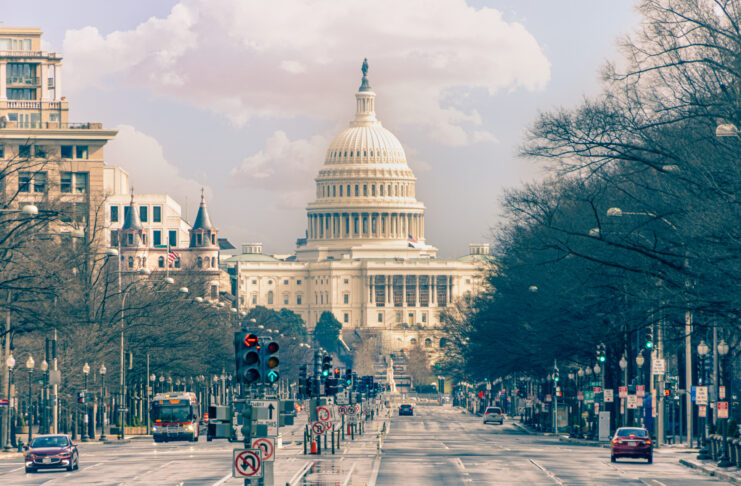National Public Radio left Twitter recently because it says the social media company’s decision to label it as “state-affiliated media” hurts its “credibility” and unfairly questions its editorial independence.
As much as this appears to be a tempest in a social media teapot, the question about the state media label Elon Musk‘s private company attached to NPR comes down to money:
Twitter…revised its label on NPR’s account to “government-funded media.” The news organization says that is inaccurate and misleading, given that NPR is a private, nonprofit company with editorial independence. It receives less than 1 percent of its $300 million annual budget from the federally funded Corporation for Public Broadcasting.
So 99 percent of its funding is from private sources. That’s good. NPR could avoid the government-funded label entirely if it decided to drop that one percent and go completely private.
It wouldn’t be easy – giving up a big funder is never easy for a nonprofit organization, media, arts or otherwise.
But it would make NPR genuinely, wholly, and completely independent of any strictures government may decide to impose on its contribution. After all, taking even a small amount of government money comes with enormous strings. NPR, of all organizations, should understand this.
And if they don’t, then they could just as easily interview Twitter owner Elon Musk, whose various businesses, not the least of which are Tesla and SpaceX, are creatures of government handouts:
SpaceX is, after all, primarily a government contractor, racking up $15.3 billion in awarded contracts since 2003, according to US government records. Its most important businesses are launching astronauts and scientific missions for NASA, and flying satellites for the US military.
Musk may quibble that payments for goods and services aren’t government subsidies but he owes the existence of the company to NASA. If the US space agency hadn’t backed the rocket-maker with a critical contract in 2008, the company likely would have failed.
As for Tesla, government grants, subsidies and tax breaks have long been a part of its bottom line. The company devotes a lot of digital ink to explaining how potential electric car buyers can get federal, state and local tax incentives for their purchases.
Of course, Musk and his companies are hardly the only private entities reliant on government largesse. That list is long and growing.
But few have called them “government-funded enterprises.” At least so far. The more common terms are “crony capitalists” who get “corporate welfare” to feed their bottom lines. All thanks to taxpayers, who have little to no choice in the matter.
